Artificial Intelligence (AI) has been one of the most powerful technologies of the 21st century. From healthcare and finance to entertainment and education, AI is transforming sectors, opening new doors, and revolutionizing how we engage with technology. Along with this booming development, the need for AI professionals has skyrocketed, and numerous aspiring professionals ask the same question: How do I become an AI expert?
In this detailed guide, we’ll walk through the exact roadmap to becoming an AI professional, the skills required, the educational pathways, and how to specialize in emerging areas like Generative AI. We’ll also address another common question: how long does it take to become an AI expert?
Whether a student, working professional, or an enthusiast for technology, this Pensora article will give you the entire map to developing expertise in artificial intelligence.
Why Should One Pursue a Career in Artificial Intelligence?
AI is no longer a science fiction dream—it’s a part of our daily lives. From autonomous vehicles and voice assistants to Netflix’s personalized recommendations, AI surrounds us. Yet, behind the technology are the professionals who design, train, and deploy AI systems.
Some of the reasons to think about a career in AI are:
- High demand: Firms from all sectors are looking for AI engineers, data scientists, and machine learning experts.
- Lucrative salaries: AI professionals tend to earn well above average wages.
- Career as an innovation champion: AI enables you to work with innovative technologies that define the future.
- Diverse applications: From generative AI in art and music to predictive AI in business, opportunities abound.
If you have ever been curious about how to become an AI expert, the starting point is learning the core domains of the field.
Core Skills Every AI Expert Needs
Before jumping into a step-by-step guide, it’s necessary to identify the core skills that make an AI professional.
Mathematics and Statistics
- Linear algebra, probability, calculus, and statistics are the pillars of AI algorithms.
- You don’t have to be a mathematician, but a foundation is necessary.
Programming Skills
- Python is the most widely used language in AI.
- Other helpful languages: R, Java, and C++.
- Libraries such as TensorFlow, PyTorch, and Scikit-learn are absolute tools.
Data Handling Skills
- AI is data-dependent. You need to learn how to gather, clean, and manipulate datasets.
- SQL knowledge and big data platforms such as Hadoop or Spark are beneficial.
Machine Learning and Deep Learning
- Familiarity with supervised, unsupervised, and reinforcement learning is important.
- Neural networks, CNNs, and RNNs drive sophisticated AI applications.
Problem-Solving and Critical Thinking
- Aside from coding, AI professionals require creativity in implementing AI solutions in practical applications.
Specialization in Generative AI
- With the likes of ChatGPT, MidJourney, and DALL·E, generative AI has become the most sought-after skill.
- It is essential to learn prompt engineering, diffusion models, and transformer architectures.
Step-by-Step Roadmap: How to Become an AI Expert
Below is a step-by-step roadmap to help you navigate through it.
Step 1: Build a Strong Foundation
- Begin with basic programming in Python.
- Study linear algebra, calculus, and statistics.
- Enroll in beginner-level AI courses online (Coursera, edX, Udacity).
Step 2: Learn Data Science Fundamentals
- Get familiar with working with data.
- Learn Pandas, NumPy, and Matplotlib.
- Study probability, hypothesis testing, and data visualization.
Step 3: Immers in Machine Learning
- Learn algorithms: linear regression, decision trees, random forests, clustering, and SVMs.
- Apply projects like spam filters, recommendation systems, and prediction models.
Step 4: Become a Master of Deep Learning
- Discover neural networks, convolutional networks (CNNs), and recurrent networks (RNNs).
- Apply frameworks like TensorFlow and PyTorch to develop AI models.
- Work on project tasks such as image recognition, natural language processing, or autonomous driving simulation.
Step 5: Specialize in Generative AI
If you aim to be a generative AI specialist, work on:
- Transformer models (BERT, GPT, LLaMA).
- Generative Adversarial Networks (GANs).
- Applications in text, image, music, and video generation.
- Hands-on experience with ChatGPT, Stable Diffusion, and other similar tools.
Step 6: Gain Practical Experience
- Work on open-source projects.
- Take part in Kaggle competitions.
- Engage in internships and real-world applications.
Step 7: Be Current
- Read research articles, go to AI conferences, and remain abreast of the latest breakthroughs.
- Subscribe to AI websites such as Pensora, which provide intelligence on new tools and trends in the industry.
How Long Does It Take to Learn to Be an AI Expert?
The duration depends on your background and learning speed.
- No tech background: 3–5 years (Bachelor’s + specialist training).
- Tech background but no AI experience: 1–2 years of dedicated studies.
- Data science professionals: 6–12 months to transition into AI specialization.
To answer directly: how long does it take to become an AI expert? It could take anywhere from 1 to 5 years, depending on your starting point and dedication.

Career Paths for AI Experts
Once you’ve gained expertise, here are the top roles available:
- AI Engineer : Builds AI models and integrates them into applications.
- Machine Learning Engineer : Specializes in designing ML algorithms and pipelines.
- Data Scientist : Applies AI to derive data-driven insights.
- AI Researcher : Develops next-generation AI models and theories.
- Generative AI Specialist : Specializes in AI that generates new content (text, images, video).
Challenges Along the Way to Becoming an AI Expert
Though rewarding, the path is fraught with challenges:
- Keeping pace with accelerated progress.
- Weighing theory against real-world implementation.
- Not leaning too heavily on tools without comprehending basics.
- Success demands patience, relentless learning, and repeated practice.
The Future of AI Professionals
AI skills are emerging as the most sought-after skills globally. With increasing automation and generative AI, professionals who are able to create, handle, and develop AI systems will continue to be in great demand.
The future is not merely about coding—it is about creativity, ethics, and responsible innovation.
Conclusion
Learning how to become an AI expert is not about mastering one skill but about blending mathematics, programming, data science, and creativity into a single powerful toolkit. Whether you’re starting from scratch or transitioning from another tech field, the path is challenging but deeply rewarding.
If your interest is in becoming an expert generative AI person, then learning about advanced models, prompt engineering, and content generation with AI is crucial. And if you want to know how long it takes to become an AI expert, keep in mind—it varies based on your commitment, background, and resource availability.
At Pensora, we are convinced the future of innovators will be those with technical expertise and ethical responsibility toward AI.
FAQs
Q1. How to become an AI expert without a degree?
Yes, through online courses, certifications, and self-learning, it’s achievable. A lot of AI professionals are self-taught.
Q2. Do I need to know math to learn AI?
A good knowledge of linear algebra, calculus, and probability is necessary. For deeper math, advanced research roles need it.
Q3. How long does it take to become an AI expert?
It will take 1–5 years based on your existing knowledge and learning trajectory.
Q4. How to be a generative AI specialist in particular?
Learn about transformer models, GANs, and software such as ChatGPT and Stable Diffusion. Practical projects are essential.
Q5. Is AI a worthy career option in 2025 and beyond?
Absolutely. With AI moving into all sectors, the demand for specialists will only grow.
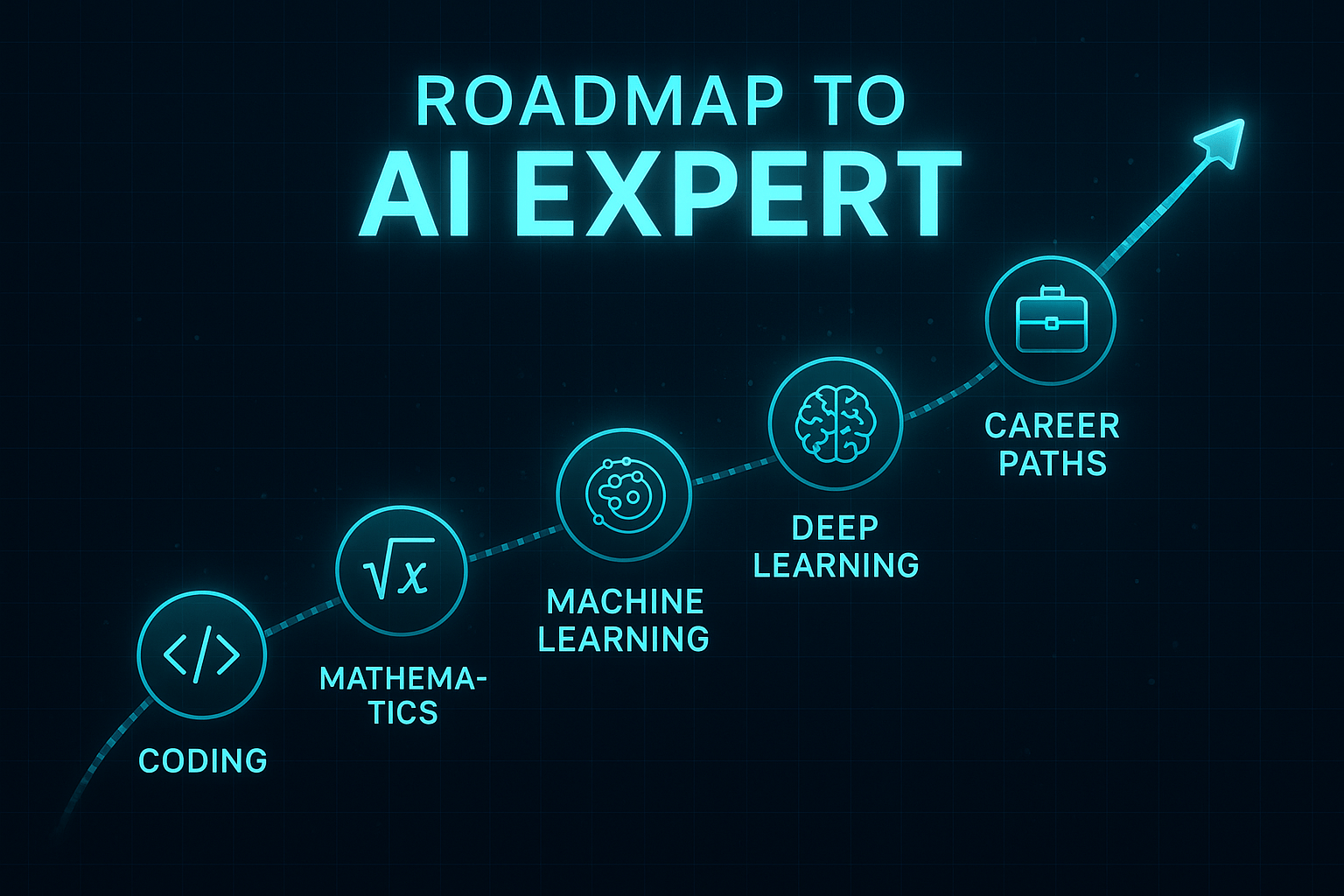
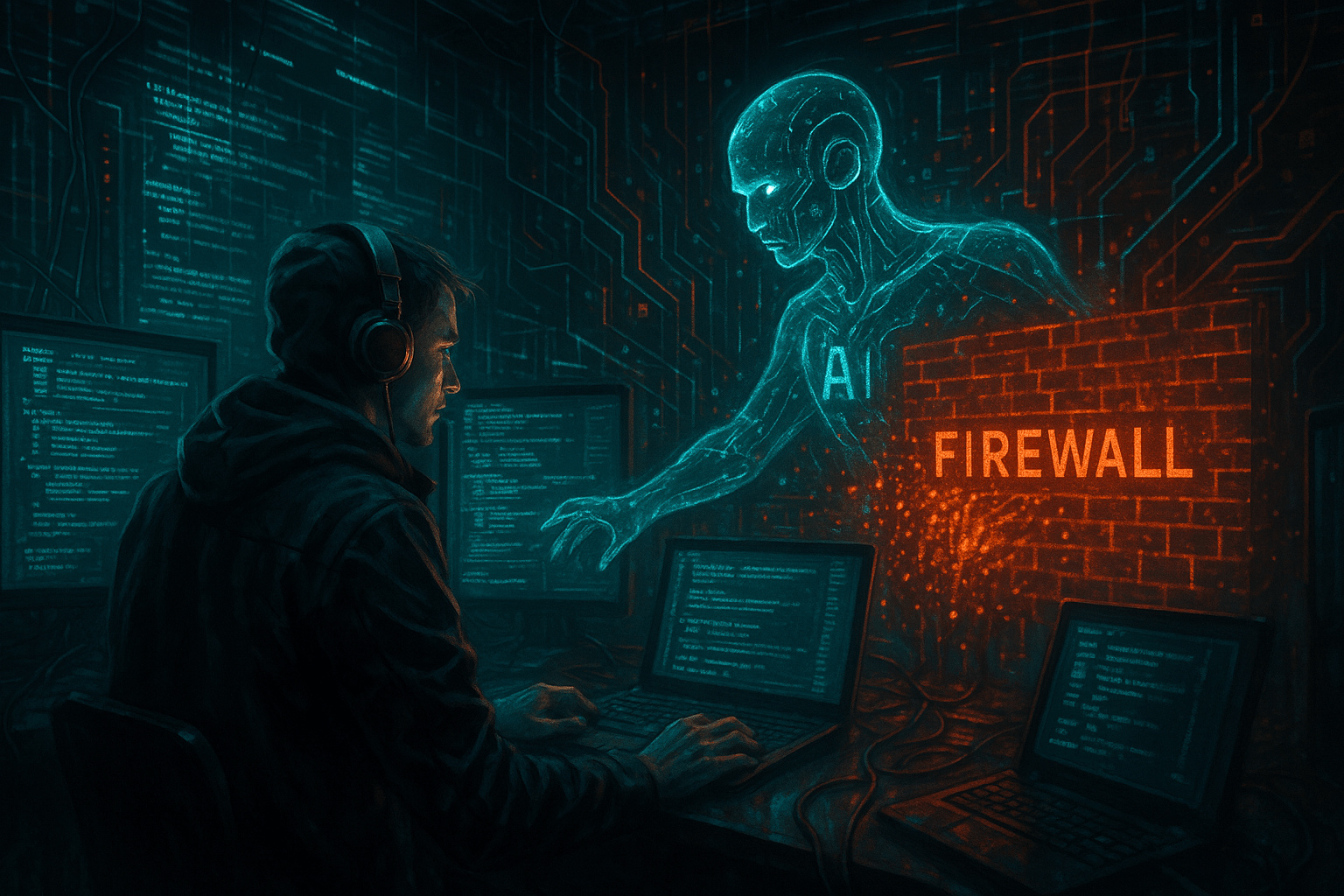

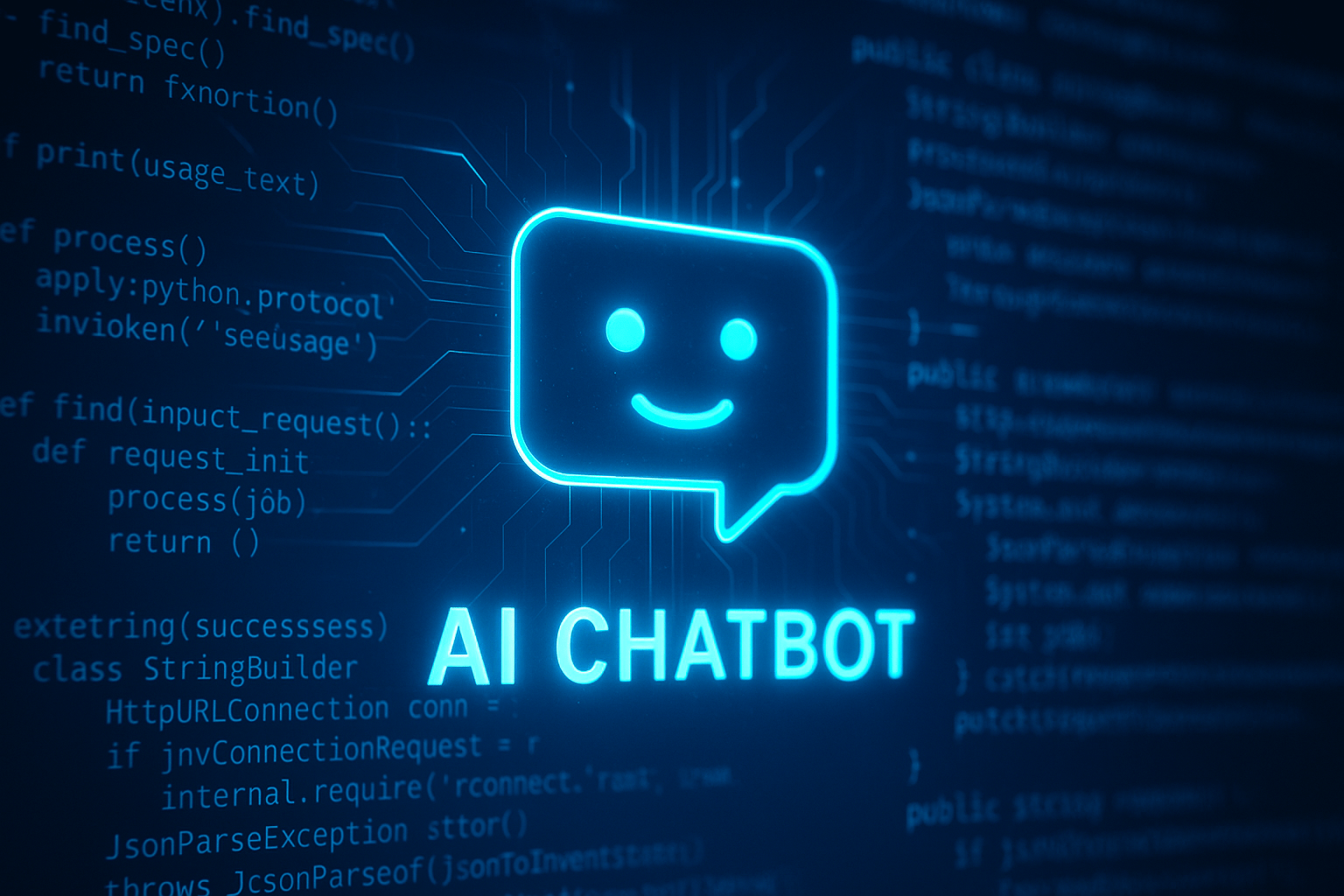

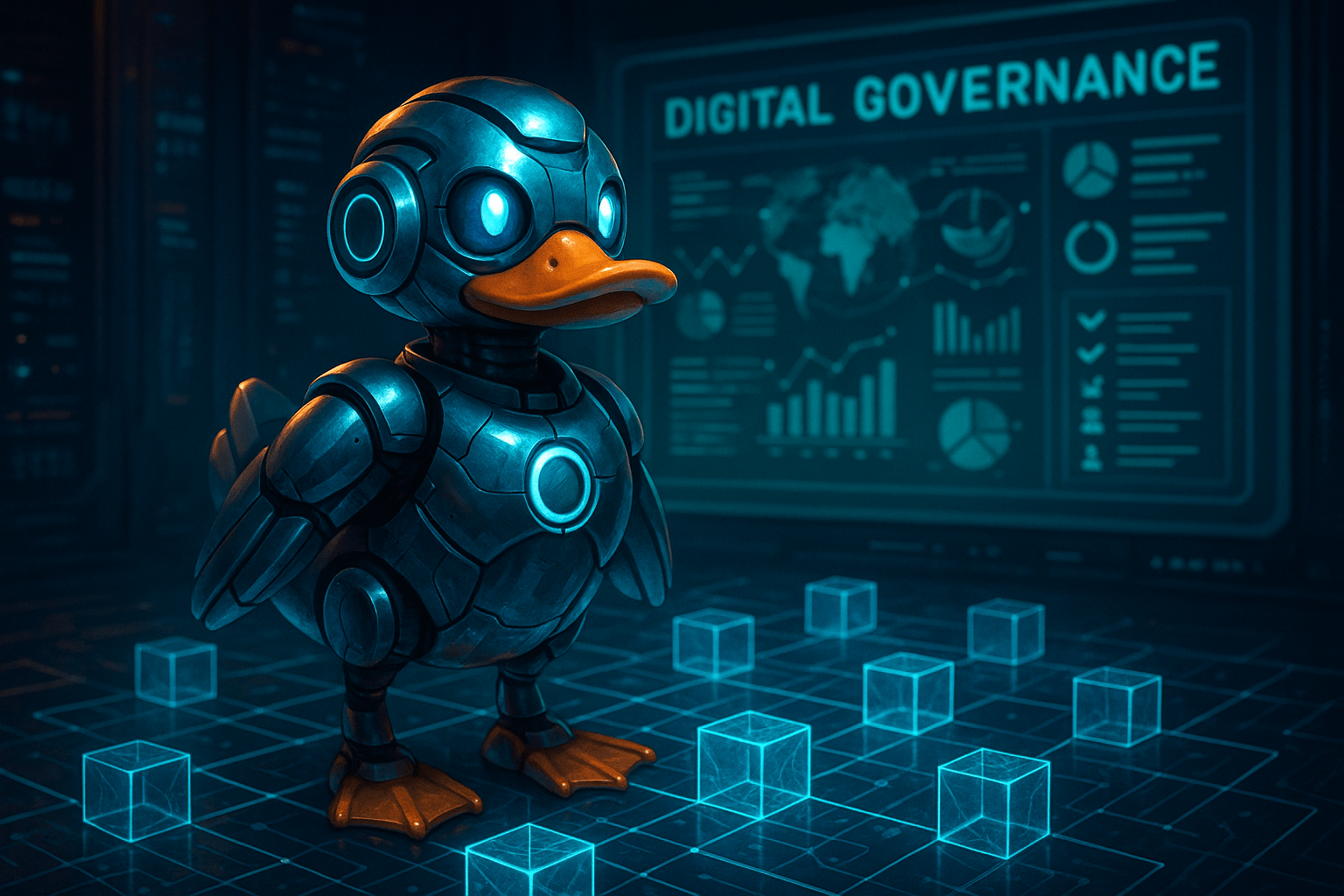
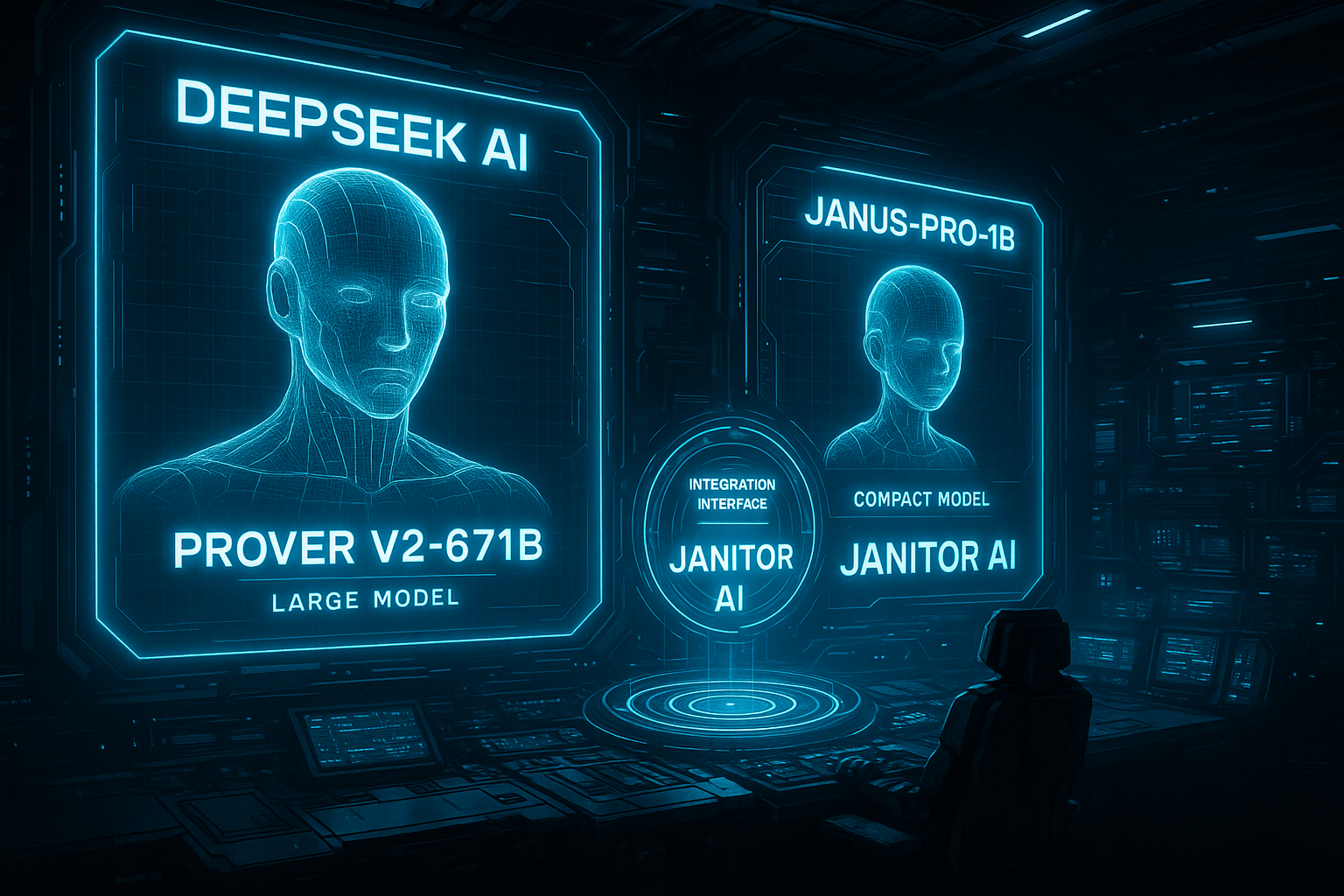
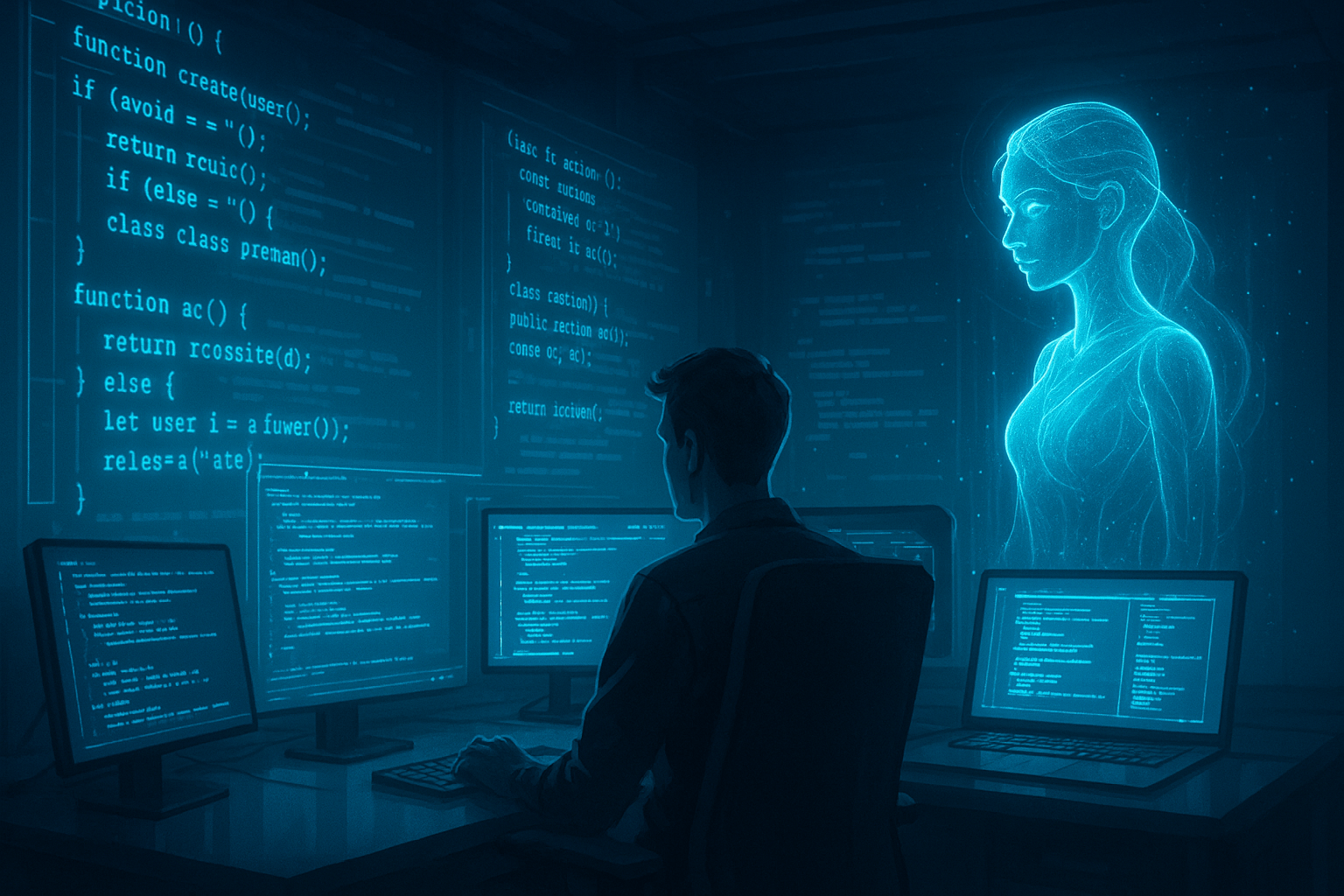
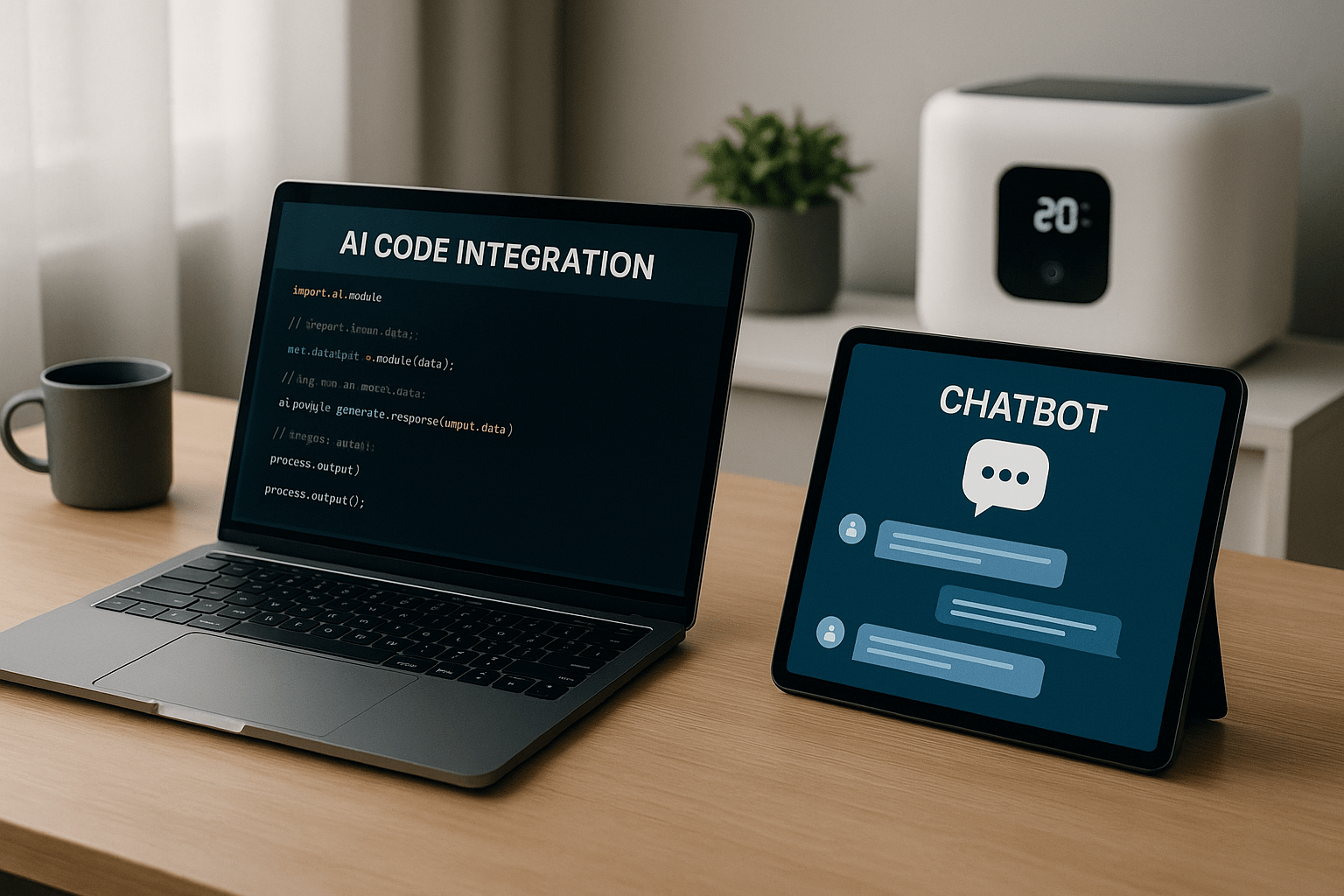
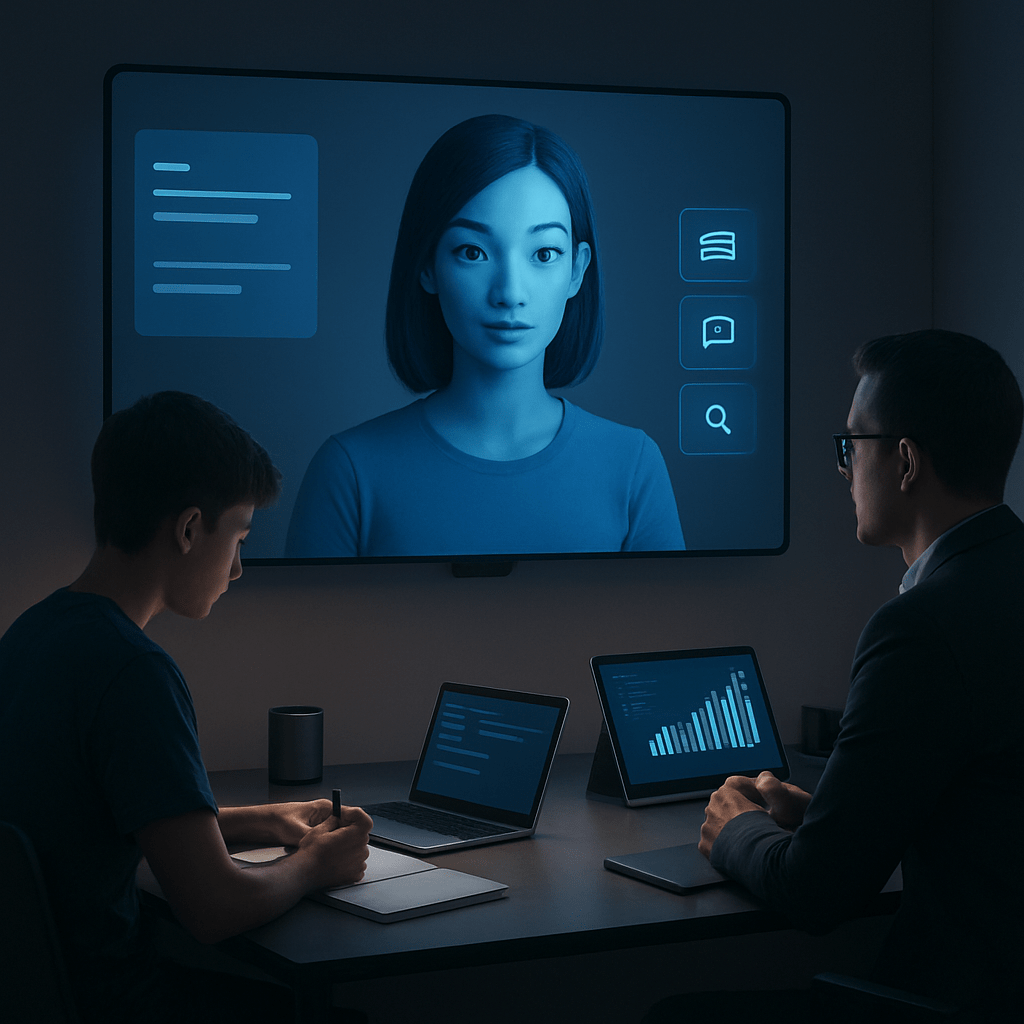

Leave a Reply